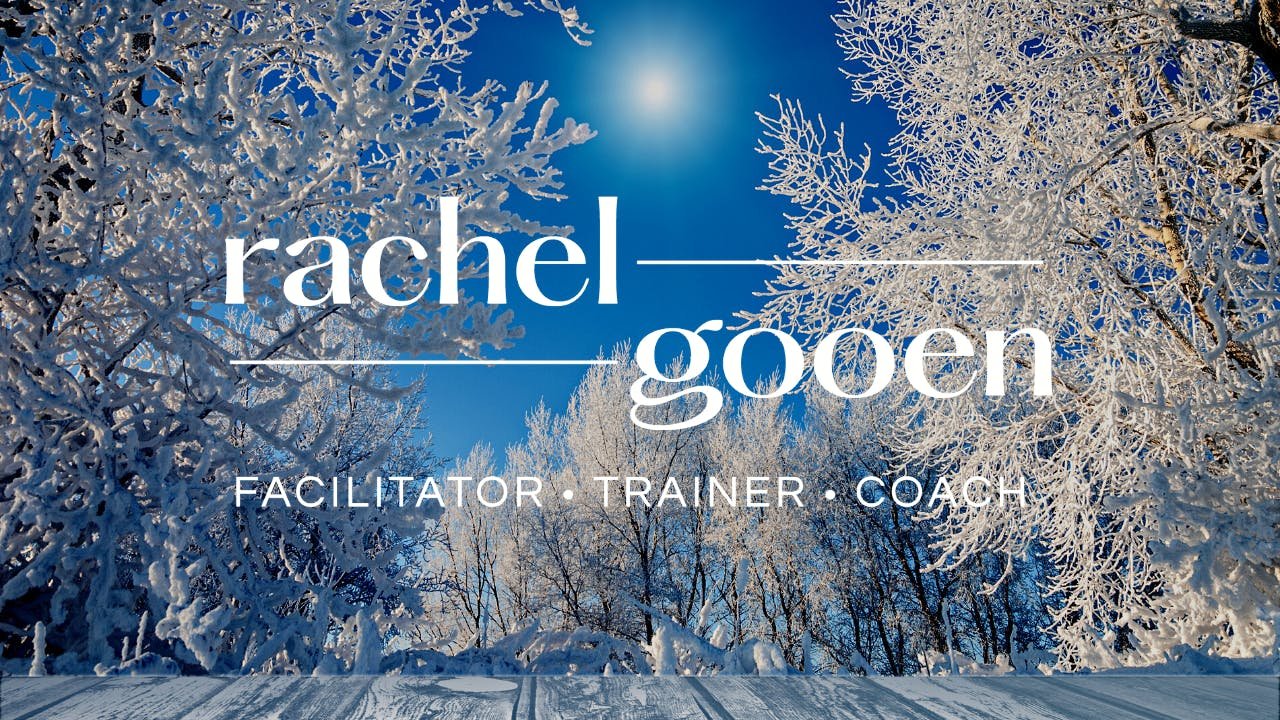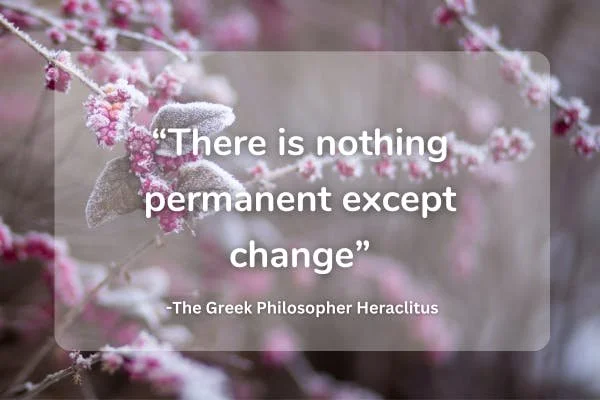What's the last transition you enjoyed?
So winter has come to Montana this year, bringing seasonal cold temperatures coupled with snow dusting on the mountain tops around the valley. The cool temps have been a lovely welcome from the hot temperatures of the summer and while it is welcome, the transition between summer and winter can take an adjustment...
Just like we can’t control the seasons, we can’t always control the changes that occur in organizations.
Change is constant, but in my experience it’s the transitions that are often challenging. We often seek change. Hello, New Year's Resolutions. Hello, Strategic Plans. We plan for change all the time, and we have a hard time either making the change or sticking to the change because of the transitional period. But once the change occurs, it's good.
Over the past 6 months I’ve been working with organizations that are creating systemic changes. One of them is the Illinois Public Health Institute, which regrant funds received from the USDA in order to nurture community-driven collaborations that reimagine students’ meals across areas in Illinois, Michigan, Wisconsin and Northern Indiana that don’t have equitable access to resources.
The other group is North Central Washington Forest Health Collaborative whose purpose is to work together on landscape-scale forest restoration on the Okanogan-Wenatchee National Forest (OWNF) in Chelan and Okanogan counties.
Both of these projects share a common prosocial objective: to encourage individuals to collaborate for the greater good, make deep changes, while fostering meaningful interpersonal discussions.
Prosocial isn't merely an abstract concept; it's a rigorously researched approach rooted in evolutionary biology, economics and behavioral science that ultimately nurture "power-with" cultures within groups. If you’d like to check it out, go to ProSocial.world.
If you're experiencing a shift in the seasons of your work life, rest assured, there's a path forward. Achieving this transformation is entirely possible, though it requires some deep introspection and a readiness to engage in open dialogues with our teams, groups, and partners. Here are a few actionable steps you can consider:
Think about having a dialogue vs. a conversation.
Practice listening deeply and speaking less. Listen to understand all sides.
Remember that everyone who is present is here because they believe in the same thing and they’re working towards the same goal.
When someone says or does something that hit you the wrong way, practice taking a deep breath, calm your emotions, think what your goals are and then move forward in an intentional manner.
Transitions are a constant part of our journey; they occur more often than we realize. I have confidence in your ability to manifest the changes you aspire by adopting a prosocial approach. Consider the advantages it will bring to both the group and your collective mission, and then progress in that direction.
You can do this!



